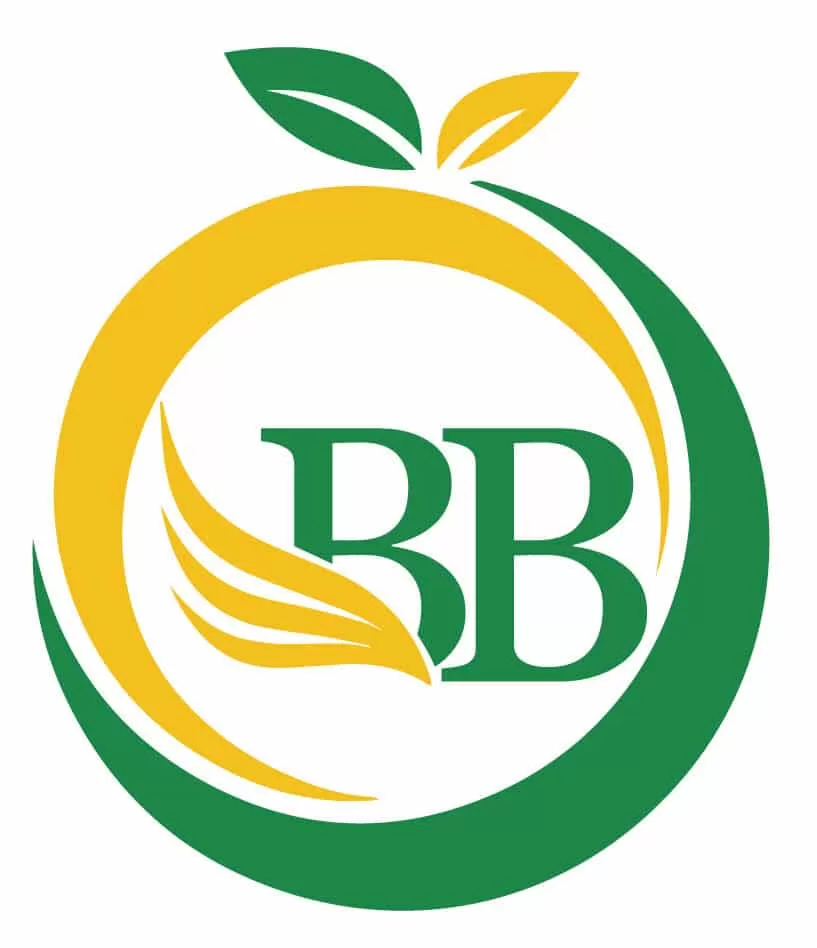The packaged food industry has long been criticized for its lack of transparency when it comes to ingredient sourcing, manufacturing processes, and nutritional content. Consumers have become increasingly aware of the potential risks associated with consuming highly processed foods that are filled with artificial preservatives, additives, and other harmful substances. As a result, there has been a growing demand for greater transparency in the packaged food industry, with consumers seeking out products that are made with natural, wholesome ingredients and that provide clear and accurate information about their contents.
Transparency in the packaged food industry is essential for several reasons:
Informed Consumer
It allows consumers to make informed choices about the products they purchase and consume. When companies provide clear and accurate information about their products, consumers are better equipped to evaluate the nutritional content and potential health risks associated with them. This can help consumers make healthier choices and avoid products that are potentially harmful to their health.
Trust is important in the Packaged Food Industry
Transparency in the packaged food industry can help build trust between consumers and manufacturers. When companies provide transparent information about their products, they demonstrate a commitment to honesty and integrity. This can help to build consumer trust and loyalty, leading to increased sales and brand reputation.
Sustainability
Transparency in the packaged food industry can help promote environmental sustainability. When companies provide information about the sourcing of their ingredients and their manufacturing processes, consumers are better able to evaluate the environmental impact of the products they purchase. This can help to encourage companies to adopt more sustainable practices, such as sourcing ingredients locally or reducing packaging waste.
To achieve greater transparency in the packaged food industry, companies can take several steps.
Firstly, they can provide clear and accurate labeling on their products, including information about the ingredients used, the nutritional content, and any potential allergens. This can help consumers make informed choices and avoid products that may be harmful to their health.
Secondly, companies can be more transparent about their ingredient sourcing and manufacturing processes. This can involve providing information about the origins of their ingredients, the processing methods used, and any quality control measures in place. By being transparent about these processes, companies can build consumer trust and demonstrate their commitment to ethical and sustainable practices.
Thirdly, companies can engage with consumers and respond to their concerns and feedback. This can involve conducting surveys and focus groups to better understand consumer preferences and needs, as well as responding to customer complaints and queries in a timely and transparent manner.
In conclusion, transparency in the packaged food industry is essential for promoting healthier eating, building consumer trust, and promoting environmental sustainability. By providing clear and accurate information about their products, companies can help consumers make informed choices and avoid potentially harmful products. Being transparent about their ingredient sourcing and manufacturing processes, companies can build consumer trust and promote ethical and sustainable practices. Engaging with consumers and responding to their concerns, companies can demonstrate a commitment to transparency and build a loyal customer base.

